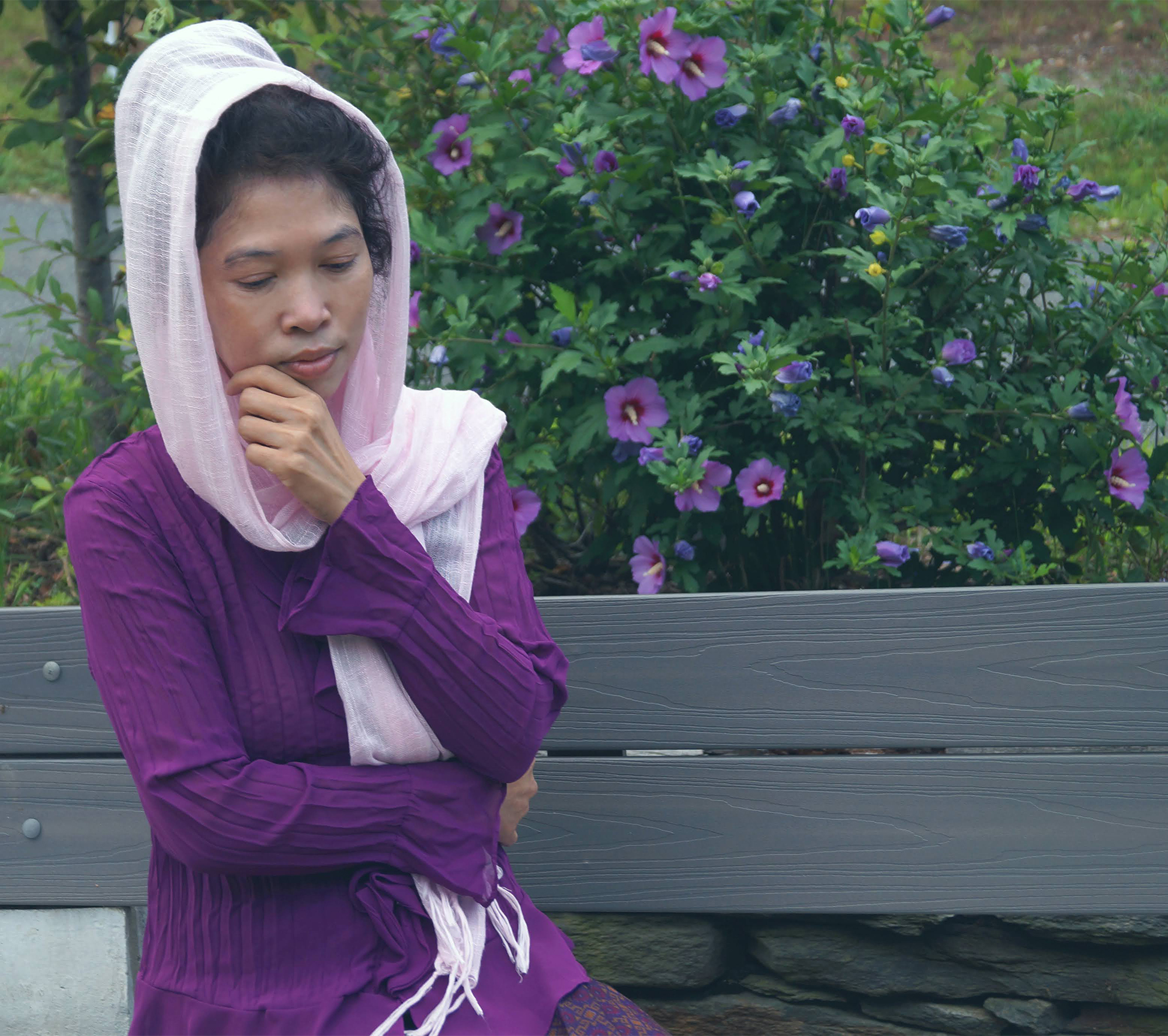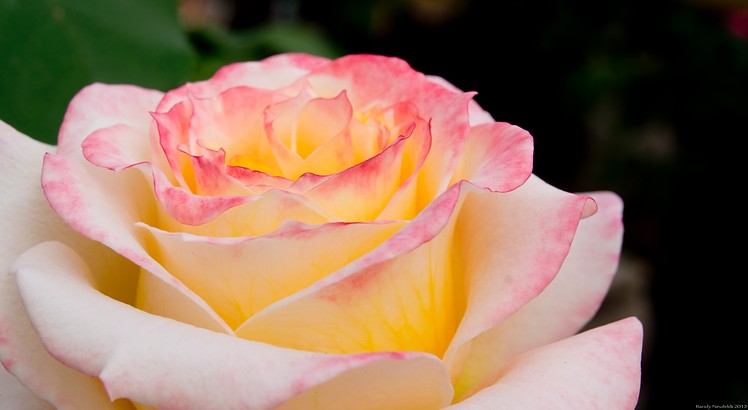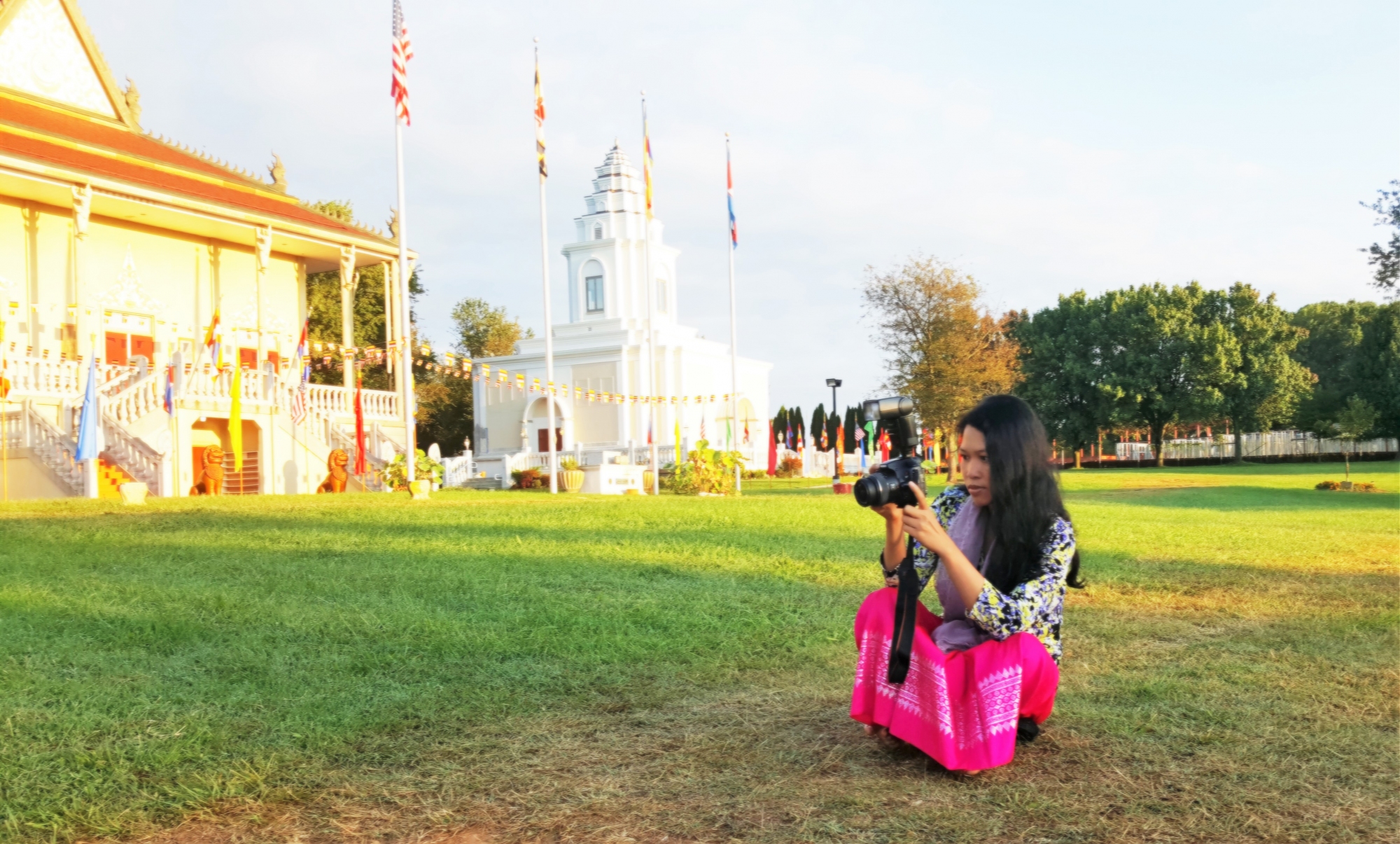The Story of Thera Sappadasa
Verse 112: Better than a hundred years in the life of a person who is idle and inactive, is a day in the life of one who makes a zealous and strenuous effort (in Tranquillity and Insight Development Practice).
1. kusito: an idle person; according to the Commentary, an idle person is one who passes his time only in evil thoughts.
The Story of Thera Sappadasa
While residing at the Jetavana monastery, the Buddha uttered Verse (112) of this book, with reference to Thera Sappadasa.
Once a bhikkhu was not feeling happy with the life of a bhikkhu; at the same time he felt that it would be improper and humiliating for him to return to the life of a householder. So he thought it would be better to die. So thinking, on one occasion, he put his hand into a pot where there was a snake but the snake did not bite him. This was because in a past existence the snake was a slave and the bhikkhu was his master. Because of this incident the bhikkhu was known as Thera Sappadasa. On another occasion, Thera Sappadasa took a razor to cut his throat; but as he placed the razor on his throat he reflected on the purity of his morality practice throughout his life as a bhikkhu and his whole body was suffused with delightful satisfaction (piti) and bliss (sukha). Then detaching himself from piti, he directed his mind to the development of Insight Knowledge and soon attained arahatship, and he returned to the monastery.
On arrival at the monastery, other bhikkhus asked him where he had been and why he took the knife along with him. When he told them about his intention to take his life, they asked him why he did not do so. He answered, “I originally intended to cut my throat with this knife, but I have now cut off all moral defilements with the knife of Insight Knowledge.” The bhikkhus did not believe him; so they went to the Buddha and asked. “Venerable Sir, this bhikkhu claims, that he has attained arahatship as he was putting the knife to his throat to kill himself. Is it possible to attain Arahatta Magga within such a short time?” To them the Buddha said, “Bhikkhus! Yes, it is possible; for one who is zealous and strenuous in the practice of Tranquillity and Insight Development, arahatship can be gained in an instant. As the bhikkhu walks in meditation, he can attain arahatship even before his raised foot touches the ground.”
Then the Buddha spoke in verse as follows:
Verse 112: Better than a hundred years in the life of a person who is idle and inactive, is a day in the life of one who makes a zealous and strenuous effort (in Tranquillity and Insight Development Practice).
Dhammapada Verse 112
Sappadasatthera Vatthu
Yo ca vassasatam jive
kusito1 hinaviriyo
ekaham jivitam seyyo
viriyamarabhato dalham.
Source: Tipitaka


















